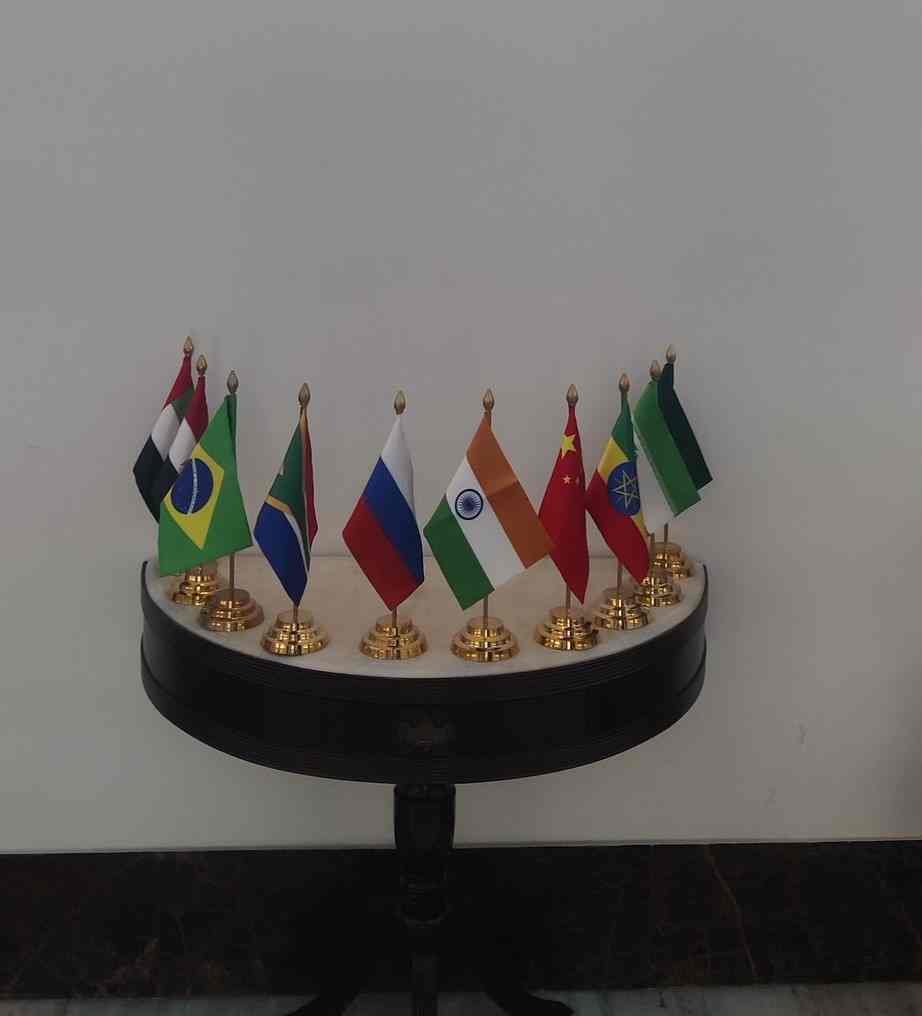As India approaches 2025, its diplomatic calendar is poised to be particularly active, reflecting the country’s growing prominence in global affairs. The anticipated visits of U.S. President Donald Trump for the Quad summit and Russian President Vladimir Putin for the annual India-Russia summit underscore this momentum, marking significant developments in India’s relationships with both superpowers. In my view, these visits, expected to be high-profile and strategic, highlight India’s role as a stabilizing force in an increasingly complex international landscape.
The Quad and the US: A Strategic Convergence
The Quad grouping, encompassing India, the United States, Japan, and Australia, is envisioned as a critical platform for regional stability, focusing on issues from security to economic resilience. Donald Trump’s visit for the Quad summit will provide India an opportunity to solidify the Indo-Pacific partnership further. Trump’s return to office signals continuity with his previous administration’s focus on China as a central strategic challenge. Given India’s own regional interests and the alignment with U.S. objectives in the Indo-Pacific, this meeting will likely see substantial commitments towards defense cooperation, technology sharing, and joint efforts to counterbalance China’s influence.
India’s steady stance on autonomy in foreign policy while cooperating with like-minded nations has earned respect among Quad members. Trump’s visit will reinforce India’s position, emphasizing its sovereignty while working within the framework of multilateral partnerships to maintain regional peace and security.
Putin and Russia: A Time-Tested Alliance
The visit of Russian President Vladimir Putin for the annual India-Russia summit is a reminder of India’s long-standing ties with Russia, marked by decades of mutual support in defense, energy, and space collaboration. As the global political landscape shifts, India’s relations with Russia continue to adapt. This year’s summit could focus on strengthening defense ties, particularly in light of India’s needs for military technology and equipment amid regional security concerns.
India’s balancing act between Russia and the West, especially in the context of the ongoing Russia-Ukraine conflict and Western sanctions on Russia, is a testament to India’s diplomatic skill. By maintaining a neutral stance, India has managed to preserve its relations with both Russia and the West, fostering a path of constructive engagement.
A Packed Year for Indian Diplomacy
The convergence of these high-profile visits in a single year speaks to the increasing strategic importance of India in global geopolitics. Both Trump and Putin recognize India’s pivotal role in addressing regional and global challenges, from security concerns in the Indo-Pacific to the transformation of global energy markets. The Quad summit and the India-Russia summit, occurring within the same year, will create opportunities for India to expand its strategic autonomy and reinforce its global standing as a diplomatic bridge between diverse powers.
India’s unique position allows it to foster relations with both the East and the West, providing a platform for constructive dialogue and collaboration. This diplomatic duality underscores India’s aspirations to be seen not just as a regional leader but as a critical player on the world stage.
As President of the Management & Technical Development Council , I see these upcoming engagements as indicators of India’s evolving role. The world will be closely watching as India, through skilled diplomacy and strategy.








